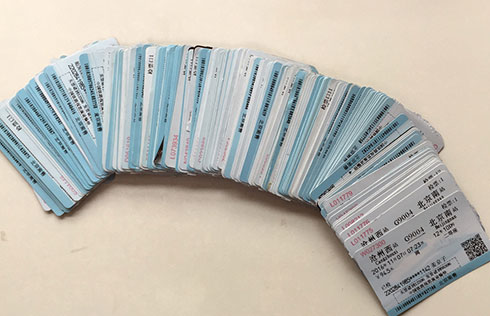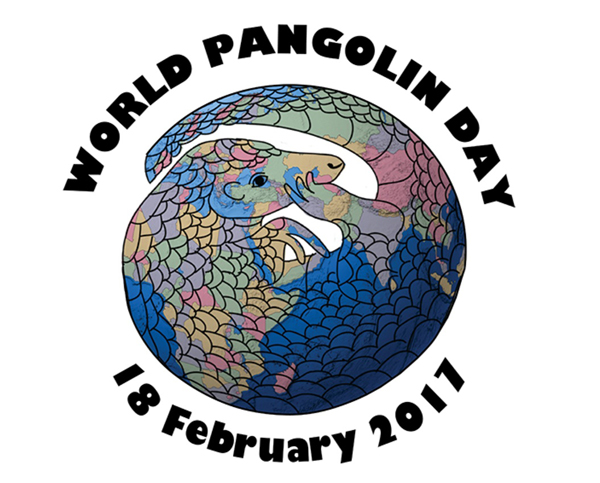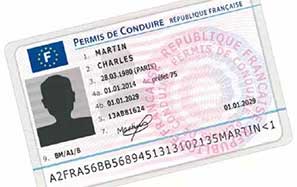What happens during the 'two sessions'?
The "two sessions" meetings are held every year in March. Here are answers to some frequently asked questions about two of the most important political meetings of the year.
What are the two sessions?
This term refers to the annual plenary sessions of the National People's Congress and the National Committee of the Chinese People's Political Consultative Conference. The CPPCC session starts on March 3 and the NPC session starts on March 5.
The term "two sessions" was coined because the wordy titles are difficult to remember.
What are the NPC and the CPPCC?
The NPC, with almost 3,000 deputies elected from across the country, is the highest organ of State power and the top legislature. It supervises the government and judicial system and determines major State issues. The NPC also appoints and supervises the president, the chief justice and chief prosecutor.
The CPPCC is China's top political advisory body. It also facilitates China's multiparty cooperation and political consultation mechanism, led by the Communist Party of China. The CPPCC was established in 1949, five years before the NPC.
What happens at these sessions?
Routine tasks at the annual NPC meeting include reviewing the annual work report of the central government, which includes the official gross domestic product forecast; hearing work reports by the NPC Standing Committee, the Supreme People's Court and the Supreme People's Procuratorate; and reviewing the annual plan for economic and social development and the central and local budgets. This year, an additional task is deliberating draft provisions of a new, unified Chinese Civil Code.
Members of the CPPCC National Committee gather to discuss important political, economic and social matters and make proposals.
Who attends the two sessions?
About 5,000 people, who are NPC deputies and members of CPPCC National Committee, attend the sessions. Among them are top leaders, renowned economists, entrepreneurs, artists, sportsmen and representatives of other sectors of society. NPC deputies can submit motions, which are legally binding once adopted, while members of the CPPCC National Committee can put forward nonbinding proposals.
How are NPC deputies elected?
Direct election applies in the selection of township and county-level deputies, while deputies at the prefecture, provincial and national levels are elected by lower-level deputies. Deputies are subject to supervision by the voters in their electoral districts or the units that elected them.
What privileges do NPC deputies receive?
The Constitution gives NPC deputies two sets of privileges designed to protect them from interference in their duties:
"Deputies to the NPC may not be held legally liable for their speeches or votes at its meetings".
"No deputy to the NPC may be arrested or placed on criminal trial without the consent of the Presidium of the current session of the NPC or, when the NPC is not in session, without the consent of its Standing Committee."

























